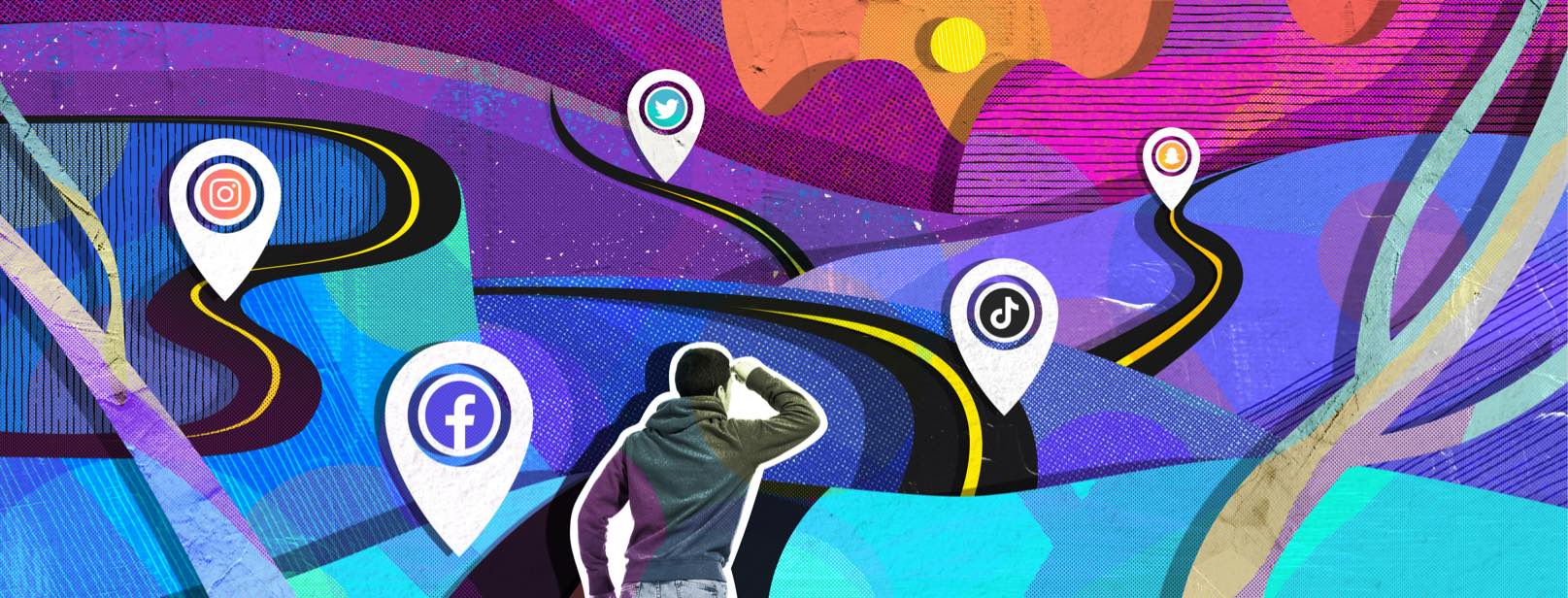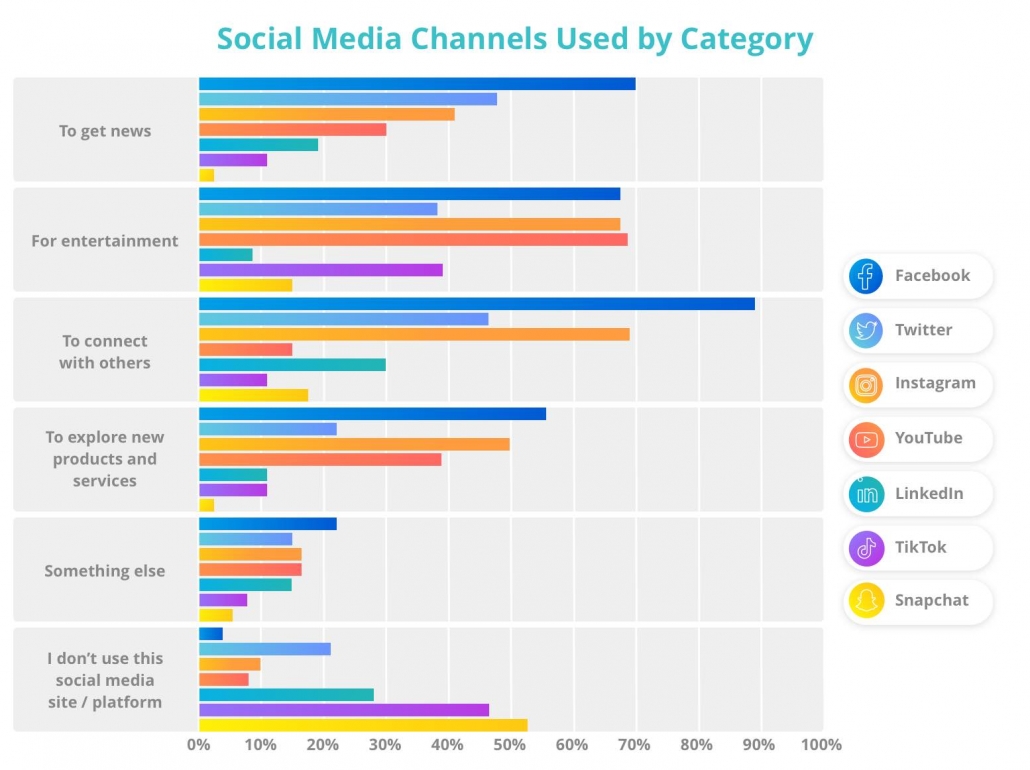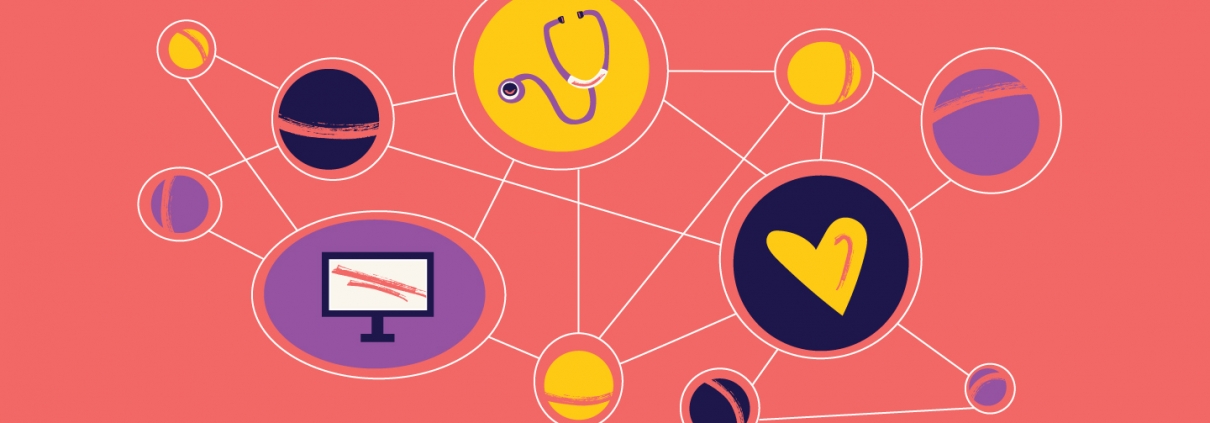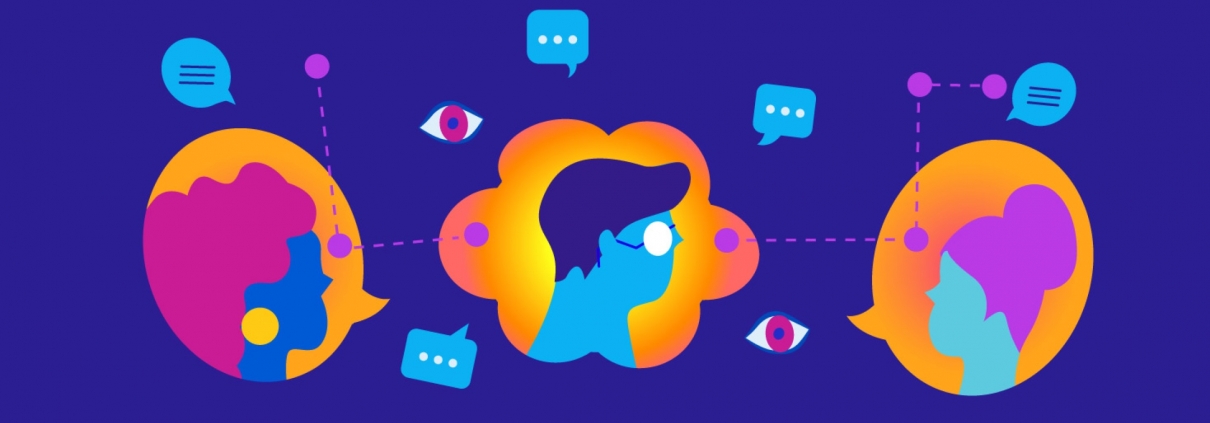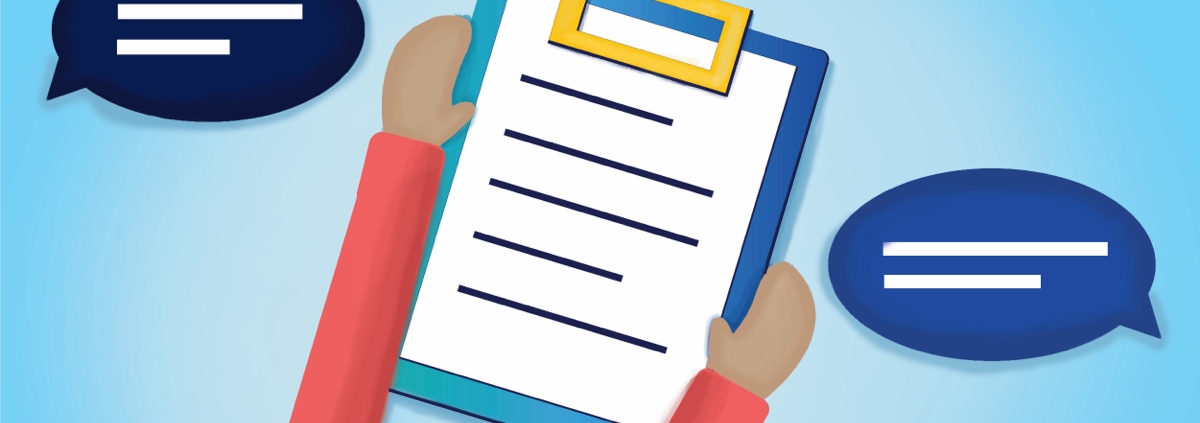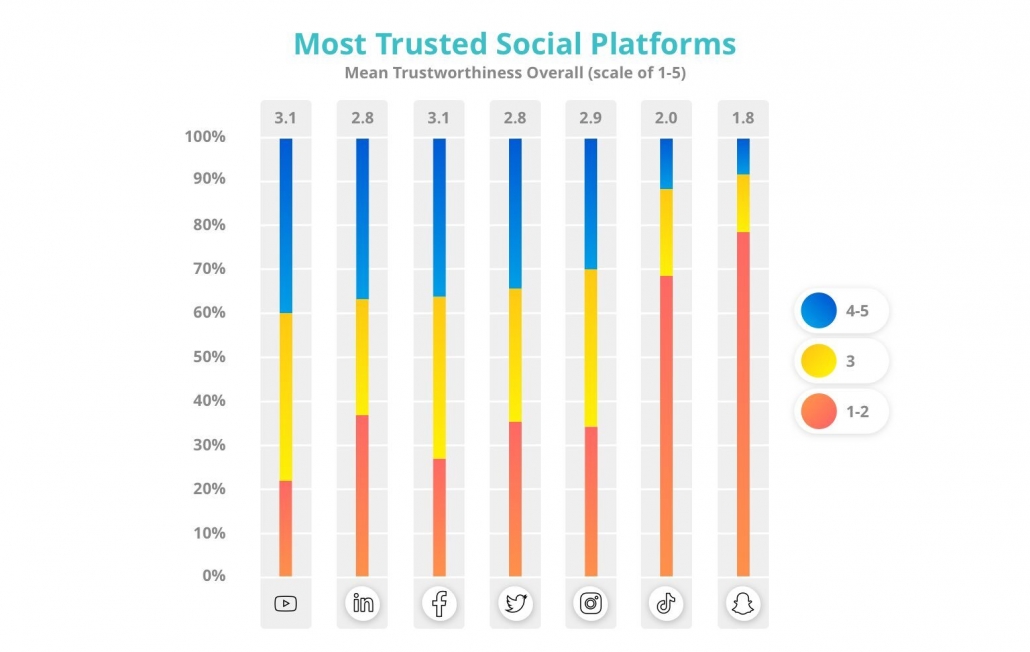Within the 2021 social health survey* patient leaders across all conditions indicated that users often look to at least one social resource for health-related information or decision-making support. This survey also validated Facebook as the most commonly used social media platform for health purposes, outranking reputable online resources such as patient portals and hospital and health websites.
By fusing the individual and communal components of patient experiences, Facebook continues to solidify its position as a standout social media network for health-related information. These intricate views of patient culture and activity among varied platforms prove that social media is no longer a “one size fits all” game.
Patients look to social media for personal perspectives, expert insights, and credible answers
While navigating social media may seem like information overload, content that appears while scrolling often makes a lasting impact. The 2021 social media survey** paired with real-world examples from the Psoriatic Arthritis community illustrate this idea quite well:
- Personal perspectives from online health community leaders. Diane, a Psoriatic-Arthritis.com moderator, details the various types of support and connection she finds alongside her difficult experience with the disease.
- Credible health information fueled by industry expertise. “Having expert advice can ease fears of the unknown and might make patients more apt to get tested,” writes Jaime Lyn Moy, a Psoriatic-Arthritis.com advocate, in an interview with an audiologist about hearing loss caused by the disease.
- Doctors, HCPs, or other trusted individuals debunking popular online myths associated with certain condition(s). An article debunking popular misconceptions about Psoriatic Arthritis garnered 300+ likes on the community’s official Instagram page.
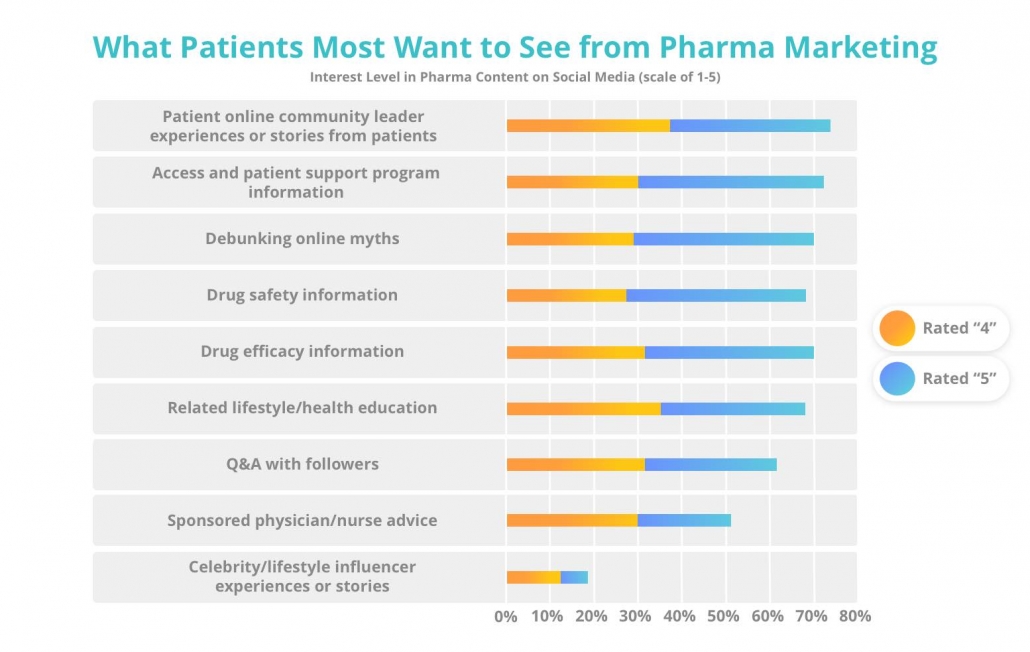 Credibility is imperative on social platforms
Credibility is imperative on social platforms
Consumer trust is a critical topic that has taken a front row seat in countless industries as social media networks are used virtually everywhere to spark meaningful conversations and share information. As pharma marketers generate social media content, they may ask if patients trust the content they come across or whether they search for information verification and accuracy. According to the survey**:
- Approximately 90% of respondents indicated that the verification and accuracy of information in a social media post is somewhat or very important
- Individual medical professionals, healthcare/hospital systems, online health providers, and online patient community leaders are among the most trustworthy information sources
- YouTube and Facebook were ranked the most overall trusted social media platforms for health-related information
Combining these key findings leaves pharma marketers with a deeper, more comprehensive understanding of patient thought processes and journeys. Reaching a quality audience on social media requires understanding where patients are connecting through credible content and crafting accurate and valuable social media messaging.
Along this journey, social health usage converges with social media networks to create mutually beneficial opportunities for key stakeholders in the healthcare industry. Through socially driven solutions designed to fit needs related to content, context, community, and influencer marketing programs, partnering with Health Union can help your brand expertly navigate the social media landscape by plugging you into the power of social health.
*2021 survey conducted by Health Union, n=2,346
**2021 survey conducted by WEGO Health & the Digital Health Coalition, n=233

